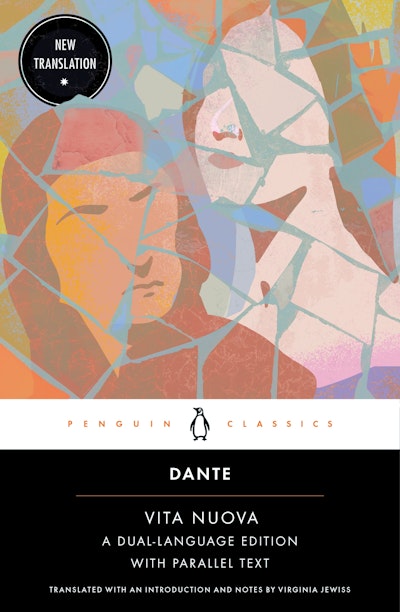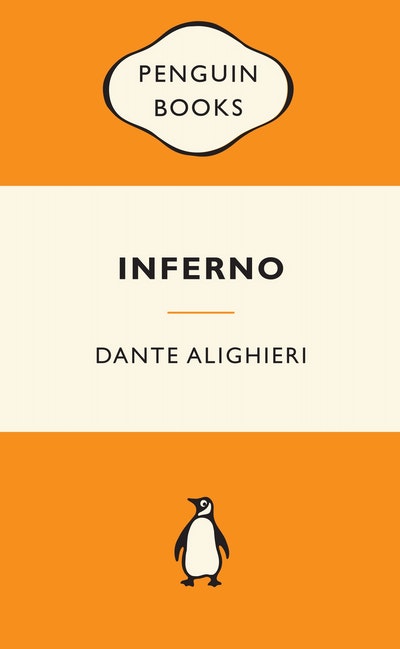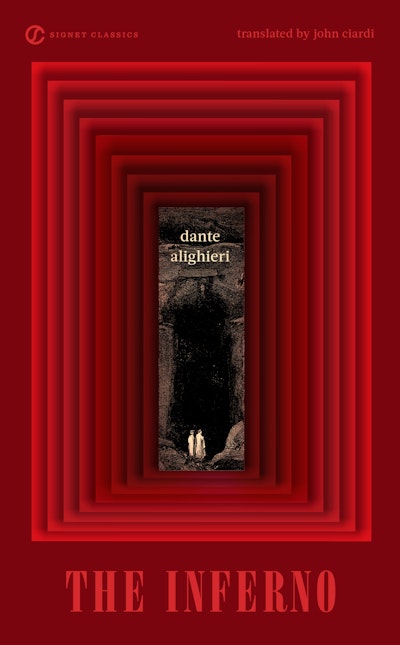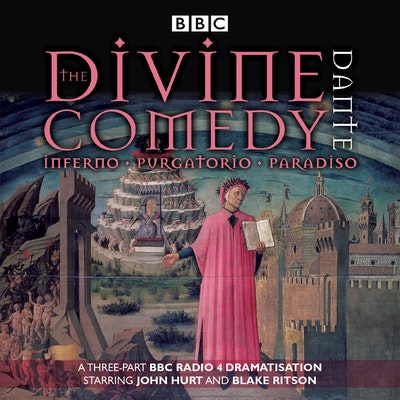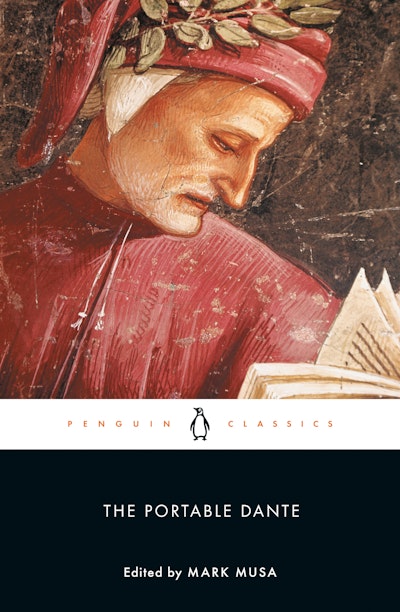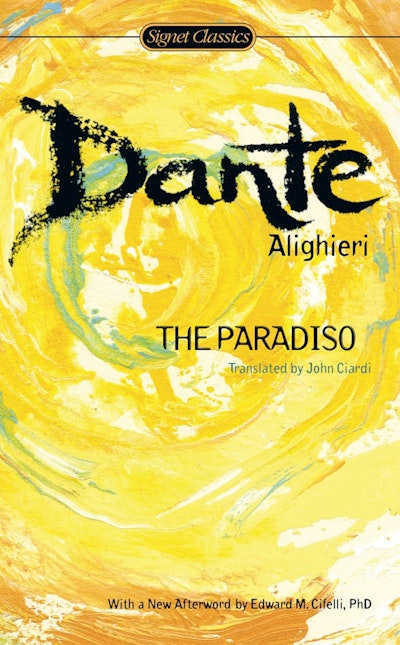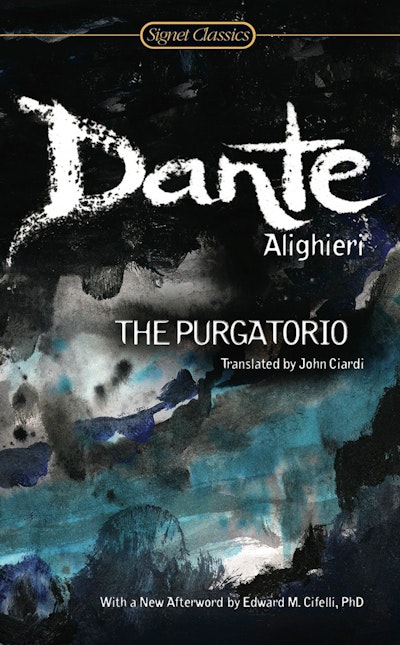A sparkling translation that gives new life in English to Dante’s Vita Nuova, his transcendent love poems and influential statement on the art and power of poetry, and the most widely read of his works after the Inferno
A Penguin Classic
Dante was only nine years old when he first met young Beatrice in Florence. Loving her for the rest of his life with a devotion undiminished by even her untimely death, he would dedicate himself to transfiguring her, through poetry, into something far more than a muse—she would become the very proof of love as transcendent spiritual power, and the adoration of her a radiant path into a “new life.”
Censored by the Church, written in the Tuscan vernacular rather than Latin, exploding the courtly love tradition of the medieval troubadours, and employing an unprecedented hybrid form to link the thirty-one poems with prose commentary, Vita Nuova, first published in 1294, represents both an innovation in the literature of love and the work of Dante’s that brings this extraordinary poet into clearest view. This limpid new translation, based on the latest authoritative Italian edition and featuring the Italian on facing pages, captures the ineffable quality of a work that has inspired the likes of Ralph Waldo Emerson, Charles Baudelaire, T. S. Eliot, Jorge Luis Borges, Robert Penn Warren, and Louise Glück, and sustains the long afterlife of a masterpiece that is itself a key to the ultimate poetic journey into the afterlife, The Divine Comedy.
For more than seventy years, Penguin has been the leading publisher of classic literature in the English-speaking world. With more than 1,700 titles, Penguin Classics represents a global bookshelf of the best works throughout history and across genres and disciplines. Readers trust the series to provide authoritative texts enhanced by introductions and notes by distinguished scholars and contemporary authors, as well as up-to-date translations by award-winning translators.
